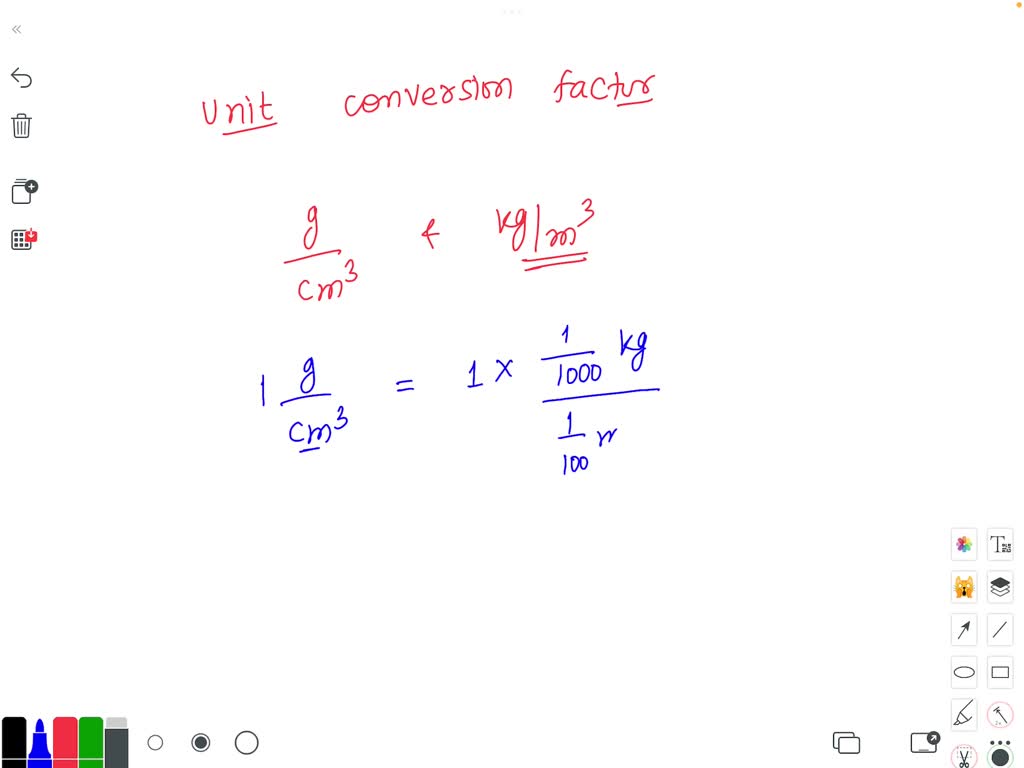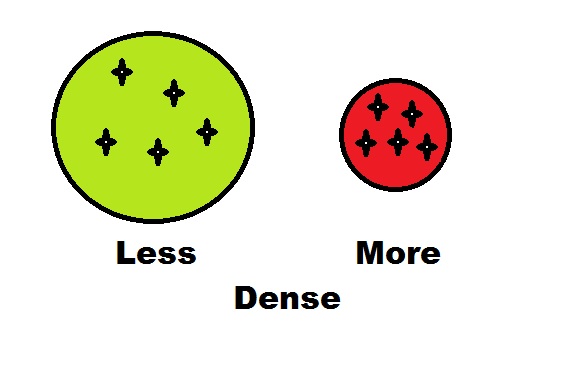Roads & PavementRoads & Pavement
Barefoot
Minimal
Low
Medium
High
Maximal
All around running shoes offer comfort and cushioning for daily runs, jogs, walks, and long mileage. They offer enough versatility for both faster and slower runs and are a great option for those who want one running shoe to do it all.
Fast run or uptempo running shoes are lightweight and responsive. They offer streamlined designs that have minimal uppers and offer a high level of energy return. These shoes are a great option for faster runs in the week or those looking for a livelier experience.
Max Cushion shoes offer premium cushioning with ample ground protection and a stable ride. These types of shoes provide abundant impact protection that softens landings while running at any pace or distance. These types of shoes are best for slower recovery runs and easy days where comfort takes priority.
Racing shoes are designed with optimal performance in mind. These types of shoes have snug-fitting uppers, energetic midsole foams, and features implemented for maximum efficiency. These types of shoes are best for runners looking to gain the ultimate advantage in races but may sacrifice some durability and comfort.
Gym Workout shoes offer a stable and versatile ride. They have a firmer underfoot feeling that provides stability for lateral movements with comfortable uppers. These types of shoes are best for trips to the gyms, cross training, casual wear, and light running. Conversions
Road running shoes feature smooth outsoles that are designed for running on paved surfaces such as roads, sidewalks, and bike paths.
Designed to handle most trail runs, these shoes prioritize comfort and a smooth ride. These shoes are great for anything from smooth singletrack, park trails, and fireroads making them ideal for those who run from their doorstep on streets before hitting the trail.
These shoes are best used for hard, rugged trails such as shale, granite or sandstone where grip on smooth surfaces and underfoot protection are important.
Designed for use in muddy, soggy conditions, these shoes feature very aggressive outsoles that dig deep into soft ground for exceptional traction.
These shoes feature technical outsoles designed to grip snowy and icy trails making them ideal for winter trail running.
Cushioning level, or stack height, refers to how much shoe is between your foot and the ground. For this category, we reference the amount of cushioning below the forefoot as the heel height will be equal to or greater than the forefoot height.
Lecture 3.2 through 3.4 Units Conversions Density PPT
0-13mm. The Shoe generally does not have a midsole and feels like there is no cushioning. This shoe is all about feeling the ground underfoot.
14-18mm. The shoe has a thin midsole that allows for a natural running experience. Racing shoes and minimalist shoes are common here. These shoes offer a feeling of being connected to the road or trail.
19-23mm. The shoe has a slightly cushioned feel and may feature added cushioning technologies. Performance training shoes and some trail shoes are common here. These offer protection during footstrike but prioritize a lightweight, grounded experience.
24-28mm. These shoes have a stack height that fall near the middle of the spectrum.The shoes in this category are verstaile and great for all types of runs and distances.
29-34mm. The shoe has a thick midsole and ample cushioning. These shoes are highly protective and absorb more impact than the body.
35mm plus. The shoe has an extremely thick midsole and extra cushioning. The focus is on protection and soft foam underfoot with hardly any ground feel.
Neutral shoes support the foot through a normal range of arch collapse and generally do not have a built-in technology to correct movement.
Stability shoes are a great option for those who overpronate or need added support. These shoes help to limit the inward rolling motion of the ankle while running or walking and assist in guiding the foot straight through the gait cycle. Abbreviation HDL high density lipoprotein. SI conversion factors
Product Details:
Solved pleas answer a and b and c Core Chemistry Skill Using outlet, Chapter 2 Measurement Problem Solving pg LO I can use unit outlet, Lecture 3.2 through 3.4 Units Conversions Density PPT outlet, IA Find the conversion factors of sI unit and Cosoniteta of outlet, UNIT CONVERSION by unitoperation.uitm Issuu outlet, Density as a Conversion Factor outlet, Write two conversion factors for each of the following. a. a Quizlet outlet, 4.9 Density Chemistry LibreTexts outlet, Density and Conversion Practice outlet, Assignment 1 Chapter 1 conversion Factor Problems PDF outlet, Find the conversion factor between s.i unit and cgs unit of outlet, Find the conversion factor between si and cgs unit of force and outlet, Abbreviation HDL high density lipoprotein. SI conversion factors outlet, Lecture 3.2 through 3.4 Units Conversions Density PPT outlet, Conversions outlet, SOLVED What is the unit conversion factor between density unit g outlet, Solved Explain how density can be used as a conversion factor outlet, CONVERSION FACTORS outlet, Solved Density A Conversion Factor A piece of gold has a Chegg outlet, Chapter 1 Measurements 1.7 Density ppt download outlet, Density Conversion Calculator outlet, 03 CONVERSION TABLE STOWAGE FACTOR TO DENSITY outlet, conversion factor Archives VanCleave s Science Fun outlet, Density Converter outlet, 2.5 Density Just Another Conversion Factor CHEM 1114 outlet, Find the conversion factor between si unit and cgs unit of force outlet, SOLVED Applying Density as a Conversion Factor Given the density outlet, Conversion Factor of Units outlet, Scientific Method Measurement Significant Figures Scientific outlet, Using density as a conversion factor outlet, Solved USE DENSITY AS A CONVERSION FACTOR Use the tables Chegg outlet, Chapter 2 Measurements 2.8 Density ppt download outlet, PPT Unit 7 PowerPoint Presentation free download ID 3193313 outlet, Solved Select the correct conversion factor for each step in outlet, dimensional analysis density conversion factor mass volume outlet, Density unit conversions YouTube outlet, Density as a Conversion Factor YouTube outlet, Power Temperature and Density Conversions for U.S. Customary to SI outlet, Density Dimensional Analysis Homeschool Science for Kids outlet, Changing Density Units VanCleave s Science Fun outlet, Density as a Conversion Factor outlet, Conversion Factors for Solutions with Densities Different than outlet, Using density as a conversion factor YouTube outlet, Solved Applying Density as a Conversion Factor Given the Chegg outlet, Density Conversion Factors outlet, Solved Applying Density as a Conversion Factor Given the Chegg outlet, Density unit conversions outlet, 2.5 Density Just Another Conversion Factor CHEM 1114 outlet, Density as a Conversion Factor YouTube outlet, Density as a Conversion Factor outlet, Product Info:
Conversion factor of density outlet.
- Increased inherent stability
- Smooth transitions
- All day comfort
Model Number: SKU#7371484





